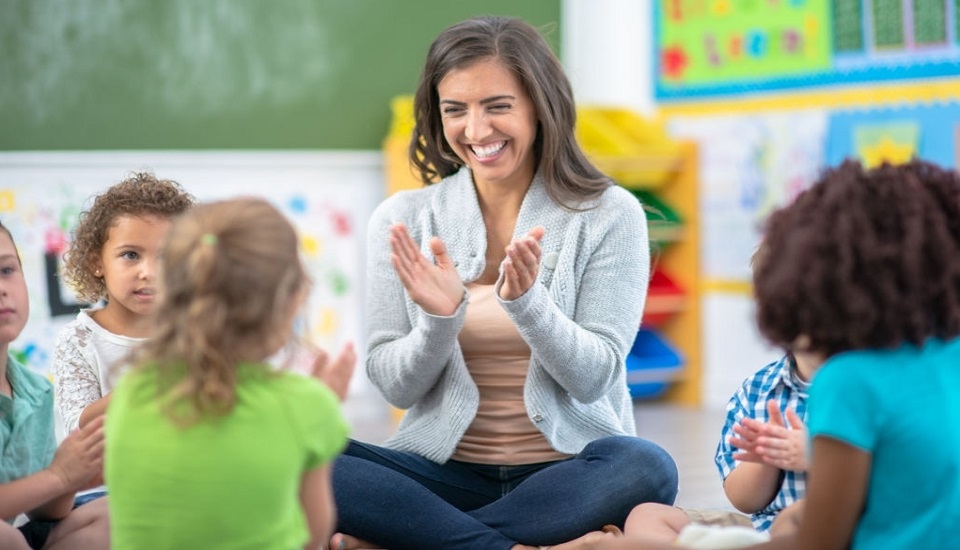Montessori education is profoundly known for its understanding of child's needs and how its curriculum has been developed. With this teachers' attempt is to cultivate love for learning and allow children to blossom on their own.
Montessori classroom is an organized learning environment, where children are supposed to spend their days in different work stations with various activities. Circle time is an integral part of such classroom activity. This encourages a sense of community with other kids, allows them to build up social skills and develop attention span.
To help the child develop in the Montessori classroom environment, Montessori Teacher Training Coursesare a must-have for those who are willing to venture into the world of Montessori education.
What Is Circle Time?
In a Montessori class, the teacher can decide to use circle time in the morning time and once again in the afternoon. Children join the teacher as a group by sitting in a circle. It provides an equal view The circle time typically lasts 20 to 30 minutes, during this time teachers usually use mixed activities such as music, conversations, and movements. This time can also be used to introduce new work or group lessons. This can be also an opportunity to encourage creative movements through exercises, yoga, etc.
Develops Social Skills
Circle time is the time of interaction. It gives children the opportunity to connect with each other. Starting from greeting each other to singing songs together, circle time is a time of active collaboration and socialization.
Children also can share about what they did on the weekend or simply have conversational activities. This makes them feel more comfortable with each other, develop a good bond with their peer. This majorly helps the teacher to make children flow through with the rest of the days.
Improves Listening Skills
During circle time children are needed to pay attention to the teacher and their peers. Unlike some other Montessori activities where children work on their own, circle time allows that exposer of listening to others and being aware of the surrounding.
This also encourages learners to understand how to respect each other’s boundaries while sitting and speaking. Children learn what following structure and rules look like, where they learn to respect teachers' instruction. This is essentially an important part of early childhood teaching.
Introduces Routine
Apart from the authentic learning process where children get into the zone of organic learning on their own, Maria Montessori also emphasizes on children's need for a sense of direction. Circle time act as the source of routine and structure from the initial days.
During participating in circle time teacher also introduces the concept of time to the young learners. Apart from this, circle time also provides a smooth transition to start the day or move towards the next phase or to wrap up the entire day.
Promotes Communication Skills
The early childhood stage is a stage of learning how to use language to express oneself. Circle time can create that scope for young learners to communicate themselves, pronounce words and articulate their thoughts. Children become more confident while interacting with friends and peers. They also build confidence within to present in group tasks.
Final Words
Overall, circle time can be a very uplifting and fun time for children in the classroom. This can keep them motivated and encouraged to look forward. Children love to play games and do fun activities; circle time can help the teacher to keep the engagement level high.
It can definitely promote growth and development in the different aspects of learning such as socialization, healthy communication, and boundaries. Montessori Teacher Training Courses can help develop Montessori teachers an authentic experience for the children where children are enthusiastic about learning where they look forward to learn something new.
Written By : Samantha Kanth



